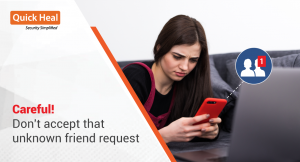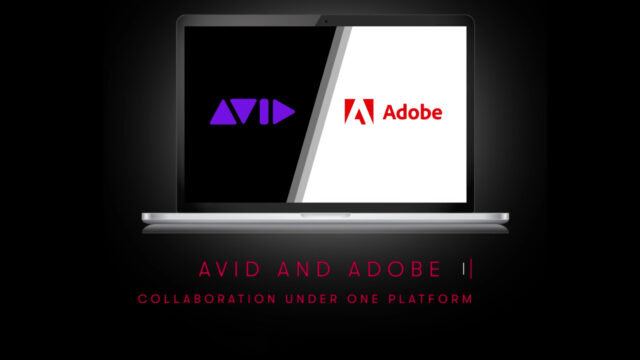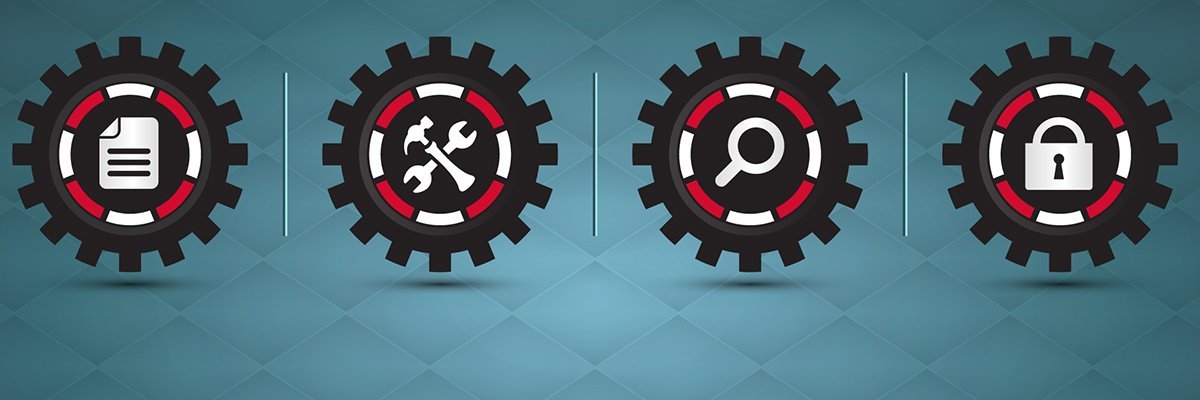Social media is a fraudster’s heaven. There are billions of targets – Facebook itself had over 2.6 billion monthly active users in the first quarter of 2020. Because of the very nature of these platforms, users can be quite careless about the amount of personal information they post.
For cybercriminals, social media offers a perfect platform to carry out their attacks. Unsuspecting users can be tricked into giving away financial details or, even worse, transferring money. Data can be mined to launch intricate phishing attempts or steal identities. Users can be coerced to click links that inject malware or keyloggers into the system. The possibilities are endless.
Here’s a brief breakdown of some common financial frauds:
‘Hey, I’ve lost my wallet…’
You received a message from a close friend on a social media website you both frequent. It sounds pretty innocuous. Your friend is asking for help. He’s (or she) on a vacation and has lost their wallet. It’s a distressing situation. He sounds very upset and is pleading you for help. He provides his account details as well.
Of course, you want to be a good friend. And your mate has helped out so many times earlier, hasn’t he? Why should you think twice?
Wait!
This is a common scamming technique to rob you of money. For all you know, your friend’s social media account has been compromised. That message was not even sent by him. When you send the money, it won’t go to your friend but to the person who has compromised his account.
Be extremely wary when receiving these kinds of messages. Call up your friend and find out the circumstances for yourself. Never go by just a message, no matter how convincing it sounds.
‘Click here to get some free stuff’
There’s a saying that’s as old as the Internet – there’s no such as thing as a free lunch. And, with the rise of social media, it’s more than important to remember that truism.
That’s why if something seems too good to be true, there’s a catch somewhere. Be wary of messages from your friends or companies which claim you just need to click on a link to get some free stuff. Most of the time, these links will lead you to third-party websites that are infected with malware. In other cases, they will ask you to provide personal details, including financial information in exchange for your so-called “free gift”. Most of the time, there is nothing free – it’s a good scam.
‘Fill in this form/take this quiz and win a jackpot’
Remember Cambridge Analytica? The scandal which took Facebook and the larger social media world by storm started off by unsuspecting people taking innocuous personality quizzes. These continue to be popular on social media and people love taking them in the belief that they’re not really harmful.
But, as the Cambridge Analytica scandal proved, the people who host these quizzes only do so to mine large amounts of user data. That user data can be used for many purposes – financial impersonation, targeting of specific types of ads, phishing attempts, and more. Think twice before trying to find out whether you have a “Y” type of personality or why your favorite color is yellow and what it means about your personality. It probably isn’t worth it.













